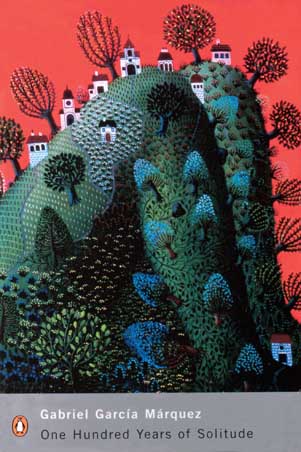Tuesday, March 19, 2013
Portrayal of White People by Morrison
Toni Morison's Beloved's main focus is of course the African American community; but she also gives a specific perspective on white people from slaves, and in a more universal way, from African Americans. Amy Denver is one of my favorite characters. She shows that African Americans, while their plight is gargantuan in comparison to many other people in America, they are not completely alone- a fact that is often forgotten. Thousands, if not millions came to America as indentured servants, and received similar, but less abusive treatment than slaves. Mrs. Garner gives her jewelry to Sethe as a sign of compassion, albeit she doesn't allow Sethe a wedding, which shows Sethe's lack of freedom. What I find so amazing about Morrison's portrayal is that she doesn't stereotype whites-not even close! Many people who are oppressed, such as the Jewish community, become extremely tolerant, and forgiving. While Morrison wasn't directly affected by slavery the memories of slaves still haunt her which is obvious - she wrote Beloved, so while Morrison is still haunted by what could be called the greatest crime of all humanity, she finds a way to show the goodness in white people-something I would be loathe to do in her position.
Subscribe to:
Post Comments (Atom)


4 comments:
I agree that Amy represents a more human version of a white person in the novel. I think Morrison is saying that prejudice, persecution and struggle is not unique to race in this country. It also relates to socio-economic background. Amy does not face nearly the struggle that Sethe and other slaves do in their lifetime, but Morrison does acknowledge her perspective.
Amy Denver definitely does have a different mindset then most whites at the time when this novel takes place. I agree that people persecuted for more then just race. Amy Denver faces persecution due to her economic background and having to be an indentured servant to pay off her parents' debts. Even though Amy Denver faces persecution, she still does not face as much persecution as Seethe and other blacks did because of their color. Amy Denver was not the only white person we see be a leader and help blacks. Morrison also gives us the example of the members of the Underground Railroad who try to help. These people include Ella and Stamp Paid. Although I agree socio-economic background had a lot to do with how one was treated, I still think that Seethe was put in a worse off position because of people's prejudice thoughts toward blacks at the time.
I definitely says a lot about what kind of person Morrison is. While she does an excellent job of portraying the brutalities of slavery and life on the plantations, she's able to remain neutral and unbiased towards white people. Not only does it show a level of maturity in recognizing a mindset that is neutral and does not stereotype, but it also shows a level of optimism in that she can see good within people most in her position would lop in with those who oppressed them.
I completely agree with you Will. Morrison's depiction of the whites towards African Americans is mild in comparison to what we have actually seen. Her novel holds much more value for the fact that her depiction of whites is un-biased based on what she herself had experienced. By illustrating the situation of Amy Denver, Morrison demonstrates how slaves were not the only one undergoing the difficult institution of being persecuted by other whites.
Post a Comment